Project News
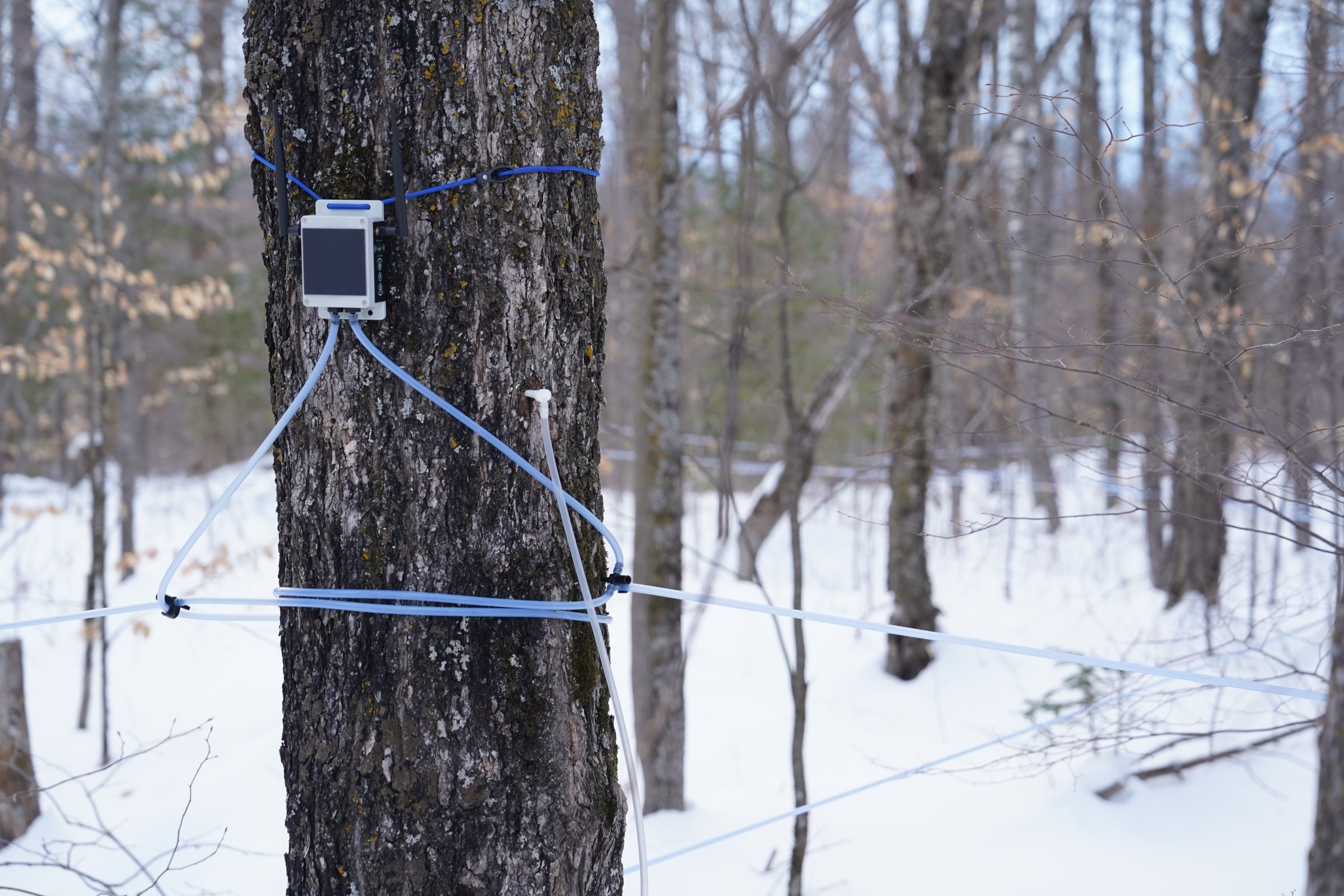
Project News
What We Do
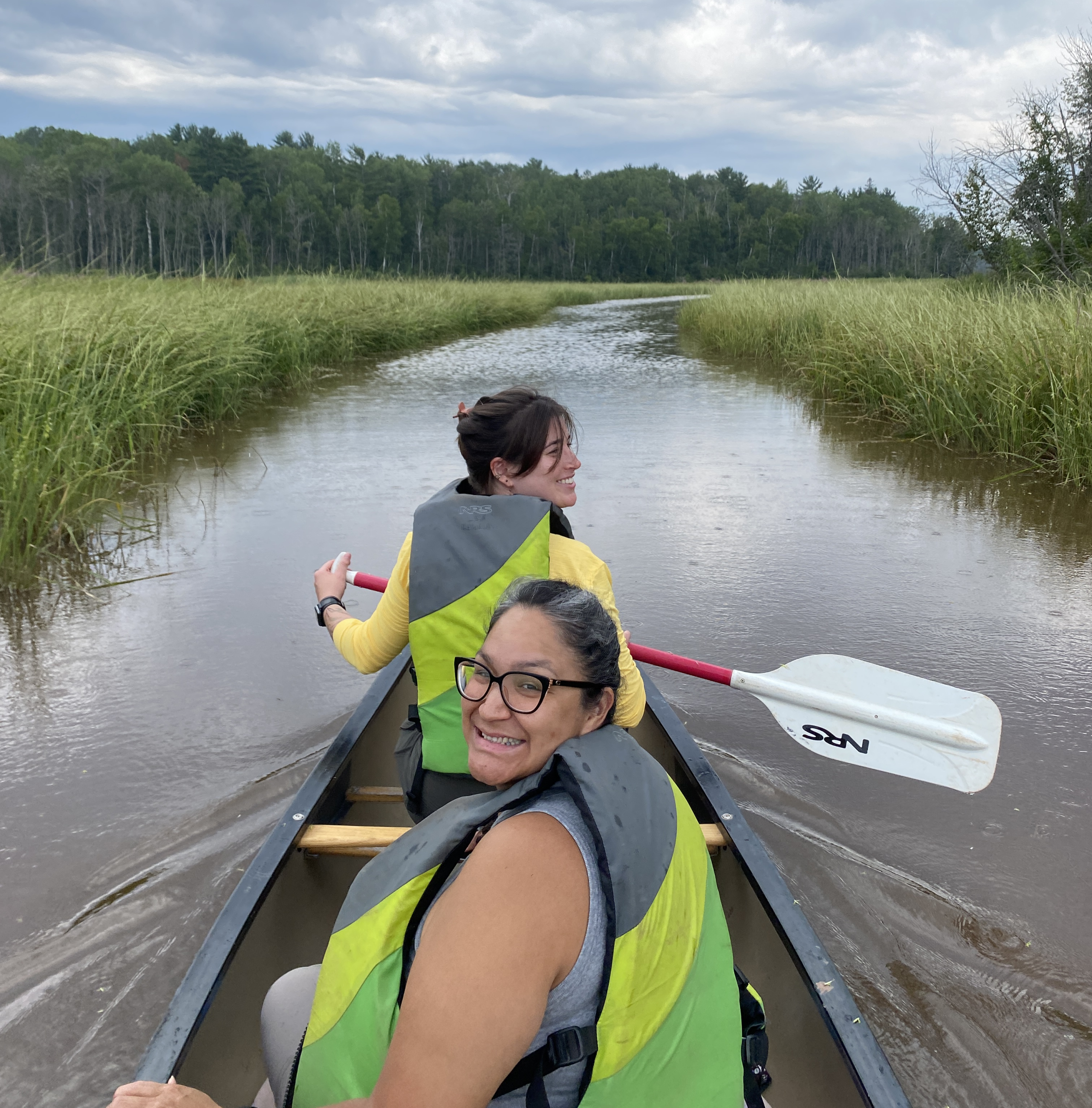
Indigenous-led research examines the health of restored Manoomin in the St. Louis River Estuary
February 4, 2026
For Ojibwe people, wild rice—Manoomin—is far more than a food source. Yet over the past century, Manoomin beds in the St. Louis River Estuary near Superior, WI were nearly lost. As the rice rebounds, a new question has emerged from Tribal members and local residents: How do contaminants affect the health of restored Manoomin and those who eat it?”
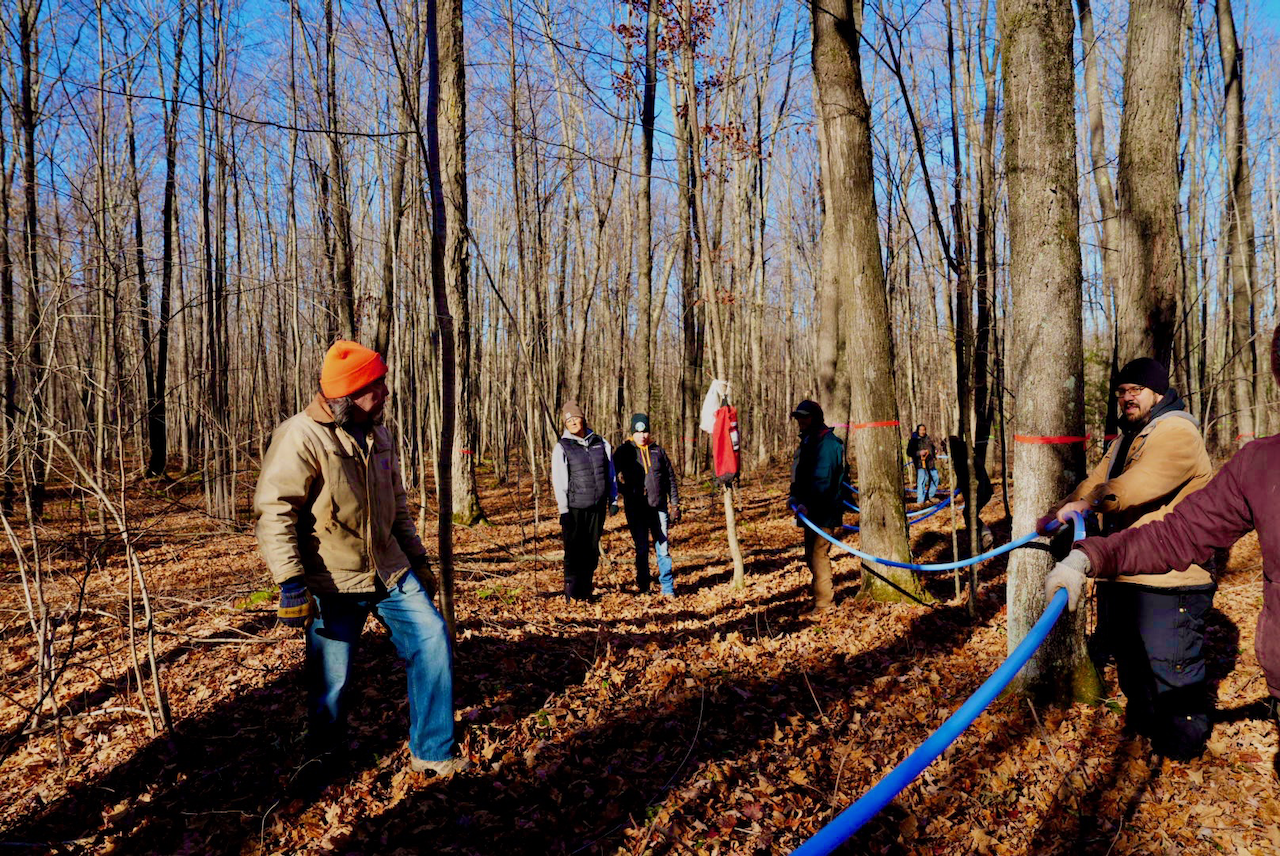
Intertribal Maple Syrup Tubing Workshop strengthens food sovereignty at Bad River
February 4, 2025
In November, we partnered with the Bad River Food Sovereingnty Department to host a Maple Syrup Tubing Workshop in their sugarbush. Learn more about the event and the exciting intertribal collaboration in this blog post.

Intertribal Harvest Gathering connects participants with Indigenous food systems
December 5, 2025
In October, the Great Lakes Intertribal Harvest Gathering in Baraboo, WI, brought together nearly 200 attendees for two days for traditional hands-on learning. This blog post highlights our contributions to this event.

Indigenous Producer Academies help build capacity of Tribal food producers
December 4, 2025
Building the capacity of Tribal food producers is integral to the Indigenous Food System Resilience Project’s work to support Tribal food sovereignty in Wisconsin. Learn how our partnerships have contributed to Indigenous Producer Academies.
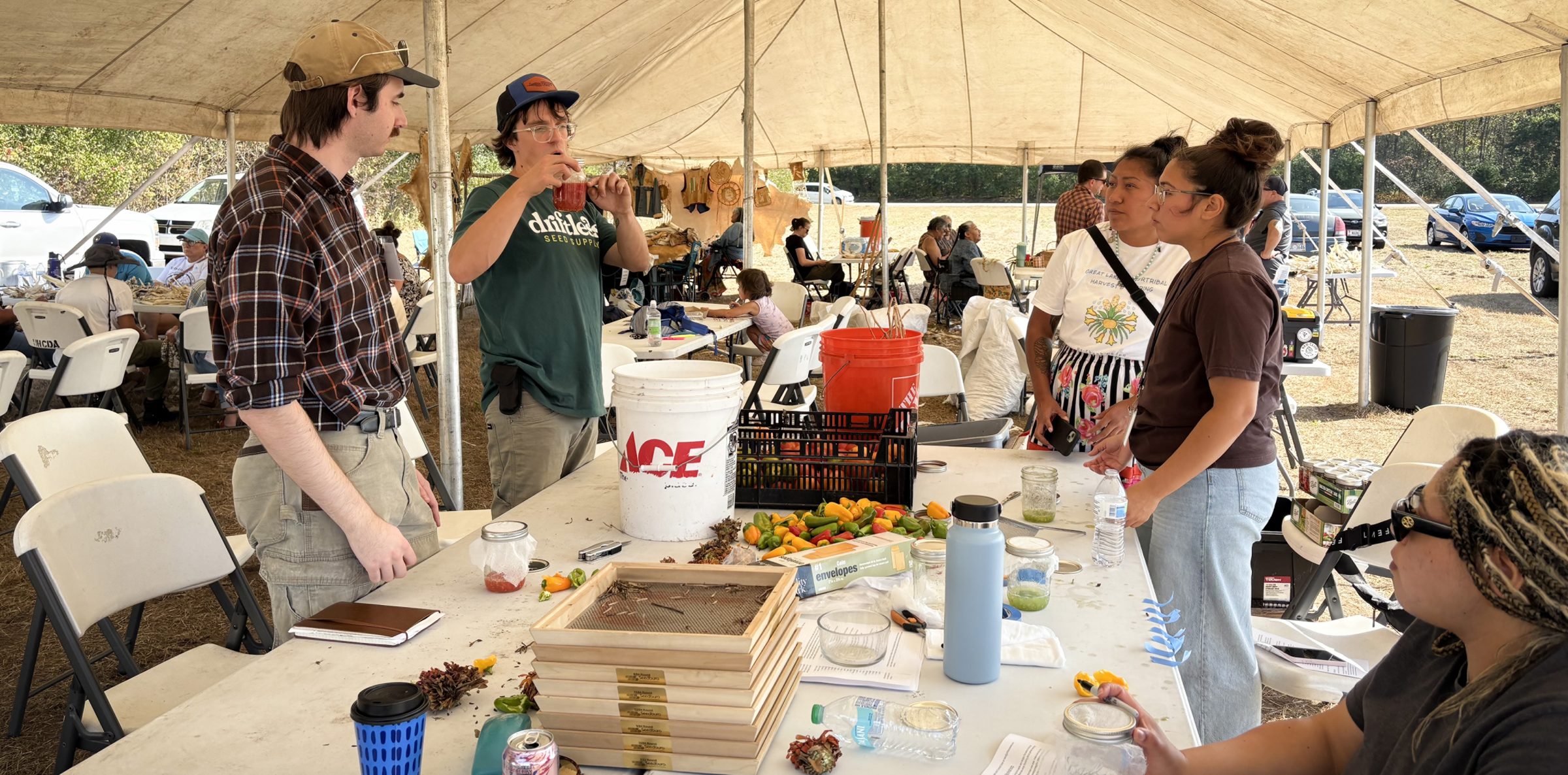
Photos: Great Lakes Intertribal Harvest Gathering invites CALS researchers to share work
November 17, 2025
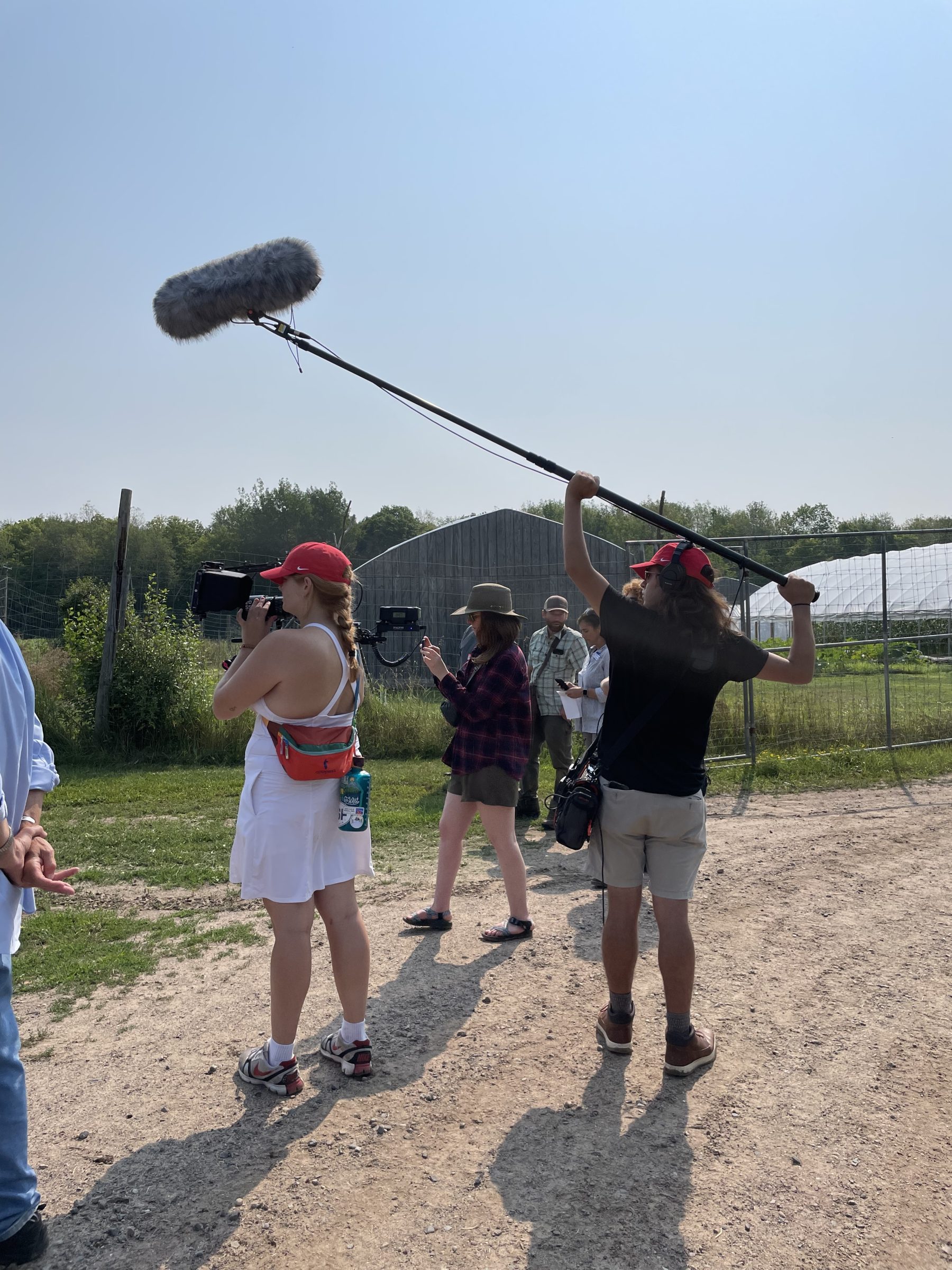
Indigenous Food Systems Resilience project shares report, videos highlighting partnerships among Tribes and UW
November 17, 2025
Our project report and videos were featured in the eCALS newsletter.
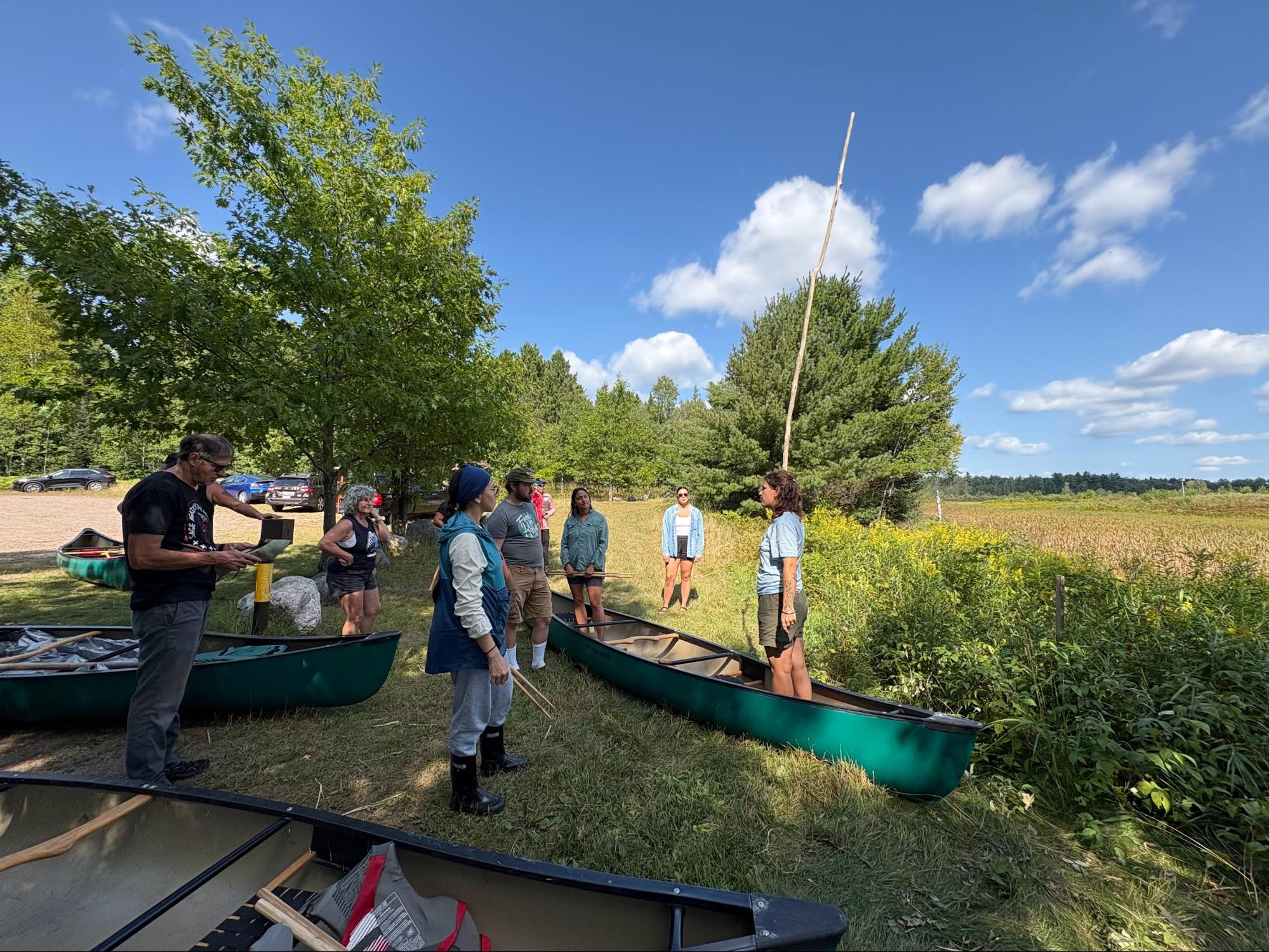
Sharing Manoomin / Manōmaeh (wild rice) harvesting through rice camps
November 7, 2025
The Indigenous Food Systems Resilience Project is working across the state to support wild rice camps, the Indigenous practice of bringing people together to learn about and share the work of harvesting and processing wild rice.
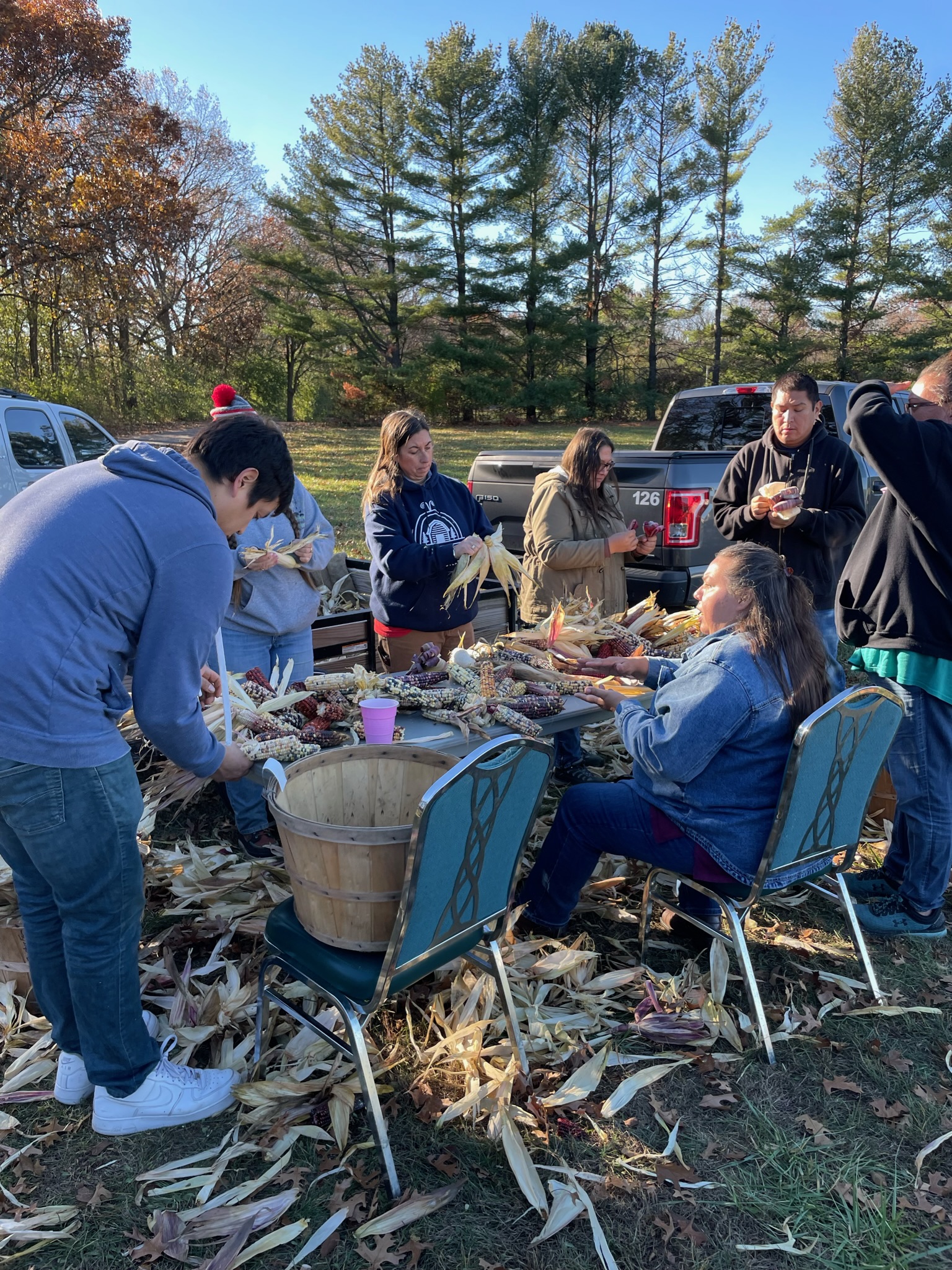
Tribes in Wisconsin and UW–Madison Forge Landmark Food Sovereignty Partnership
September 11, 2025
Check out this post on the Extension Natural Resources blog highlighting our partnerships and impacts.
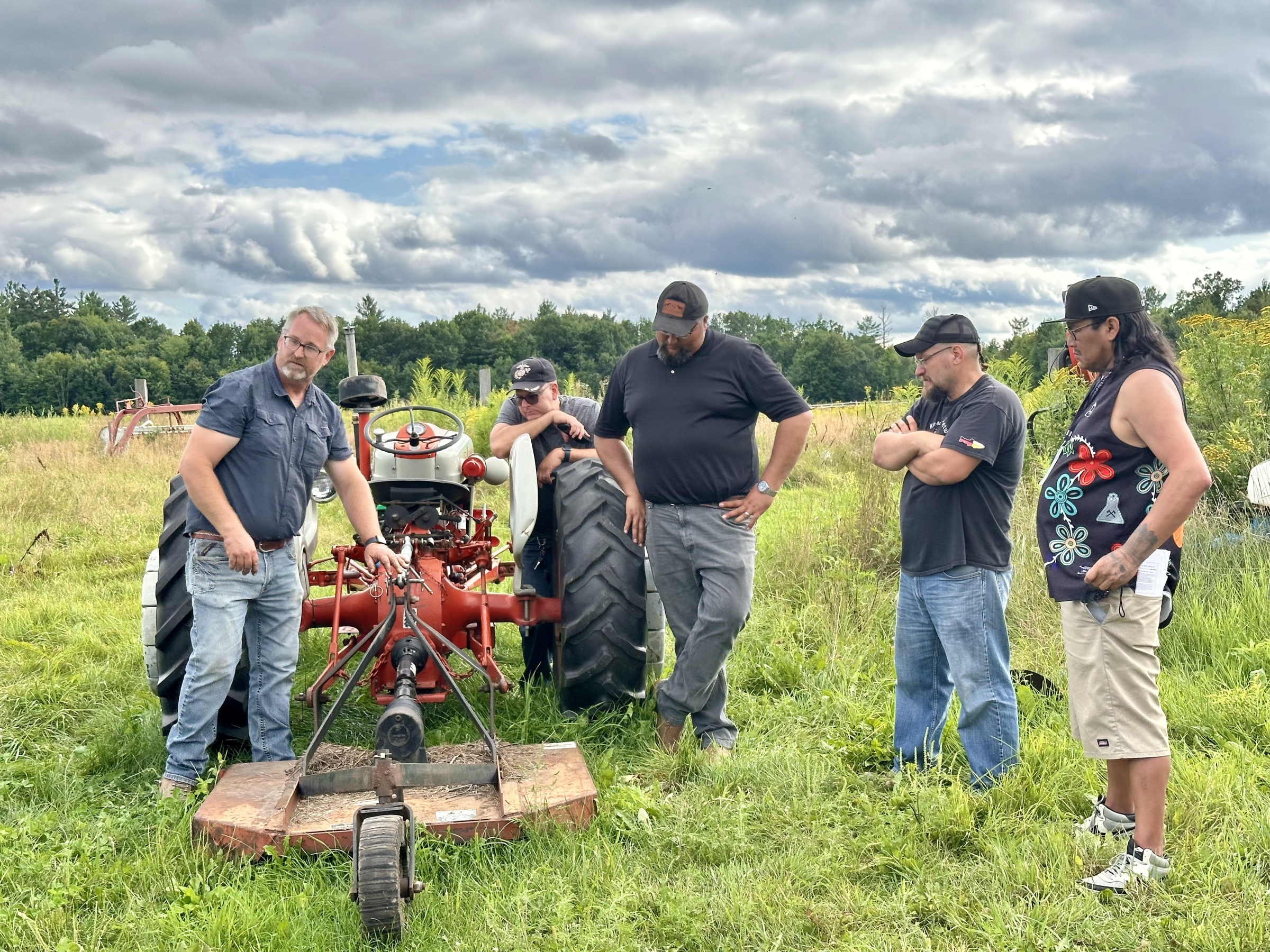
What has the RPI Indigenous Food Systems Project achieved so far? Check out our new impact report!
September 9, 2025
This impact report highlights the numbers and narrative behind our work in 2023 and 2024. We showcase the RPI Indigenous Food Systems Team’s impactful efforts to support our Tribal partners in their food sovereignty work.
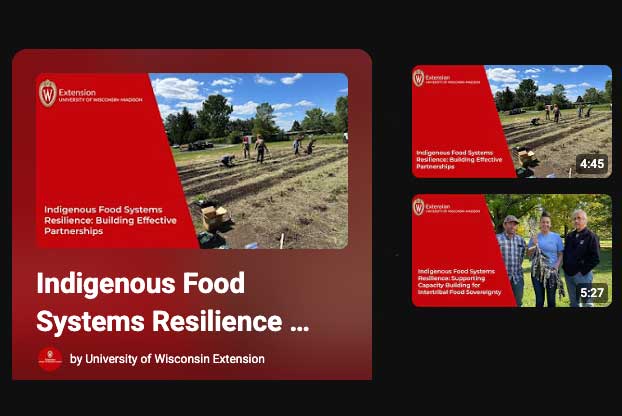
Two new videos highlight the work to transform food systems and improve Tribal access to healthy, culturally appropriate foods.
June 16, 2025
We are excited to announce the release of two videos highlighting the work of the Indigenous Food Systems Resilience Project. The videos highlight the partnerships between the University of Wisconsin-Madison Indigenous Food Systems Resilience Project Team and Tribal partners and shows the different project partners, including the Great Lakes Intertribal Food Coalition, the Wisconsin Tribal Conservation Advisory Council, and the Ho-Chunk Nation Department of Agriculture, and how the project is working with Tribal Nations and organizations in Wisconsin to build Tribal and intertribal capacity for food sovereignty.
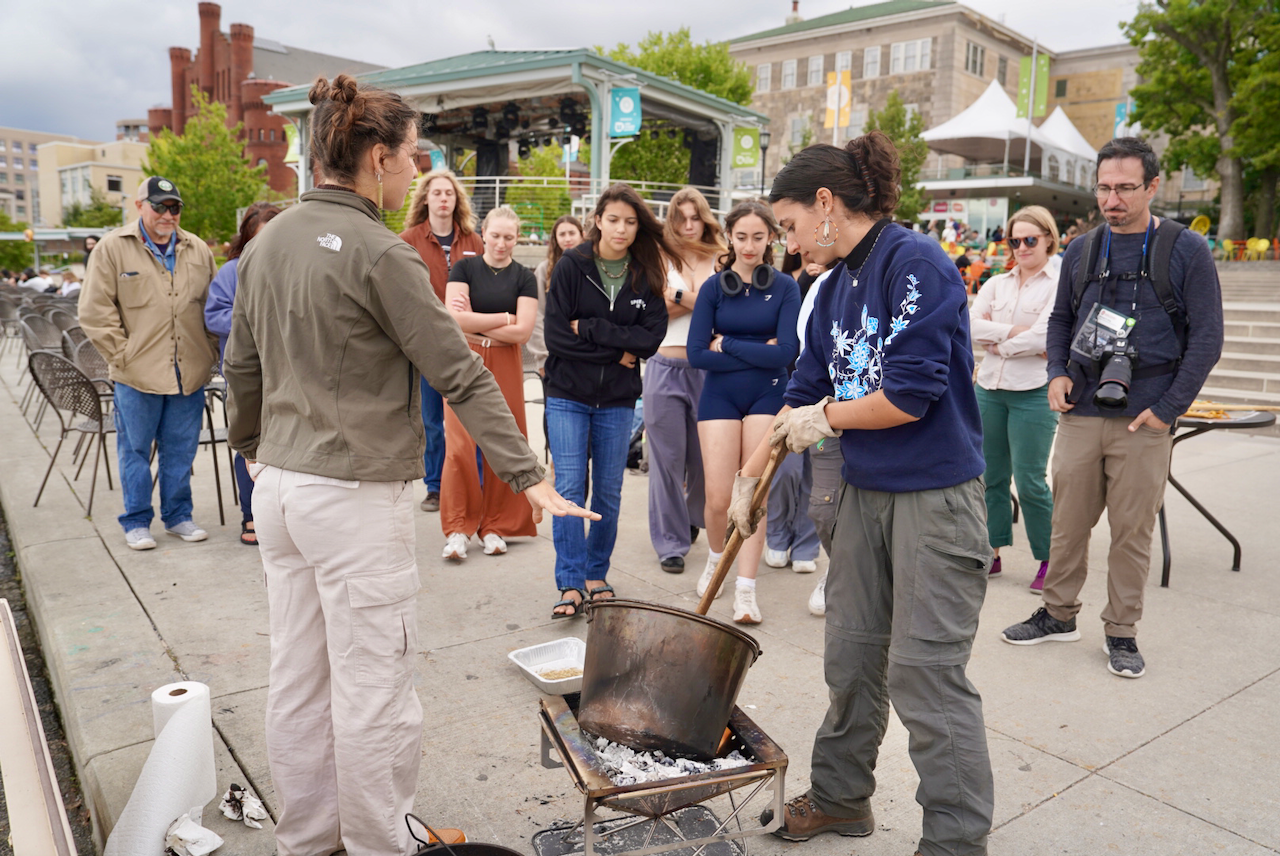
Corn braiding and manoomin parching on the Memorial Union Terrace
September 23, 2024
As part of the Our Shared Waters event hosted by Our Shared Future on the shore of Lake Mendota, RPI Project co-lead Dan Corenelius led a session demonstrating corn braiding and wild rice parching at the Memorial Union Terrace. This may be the first time wild rice has been parched on the shores of Lake Mendota in many years.
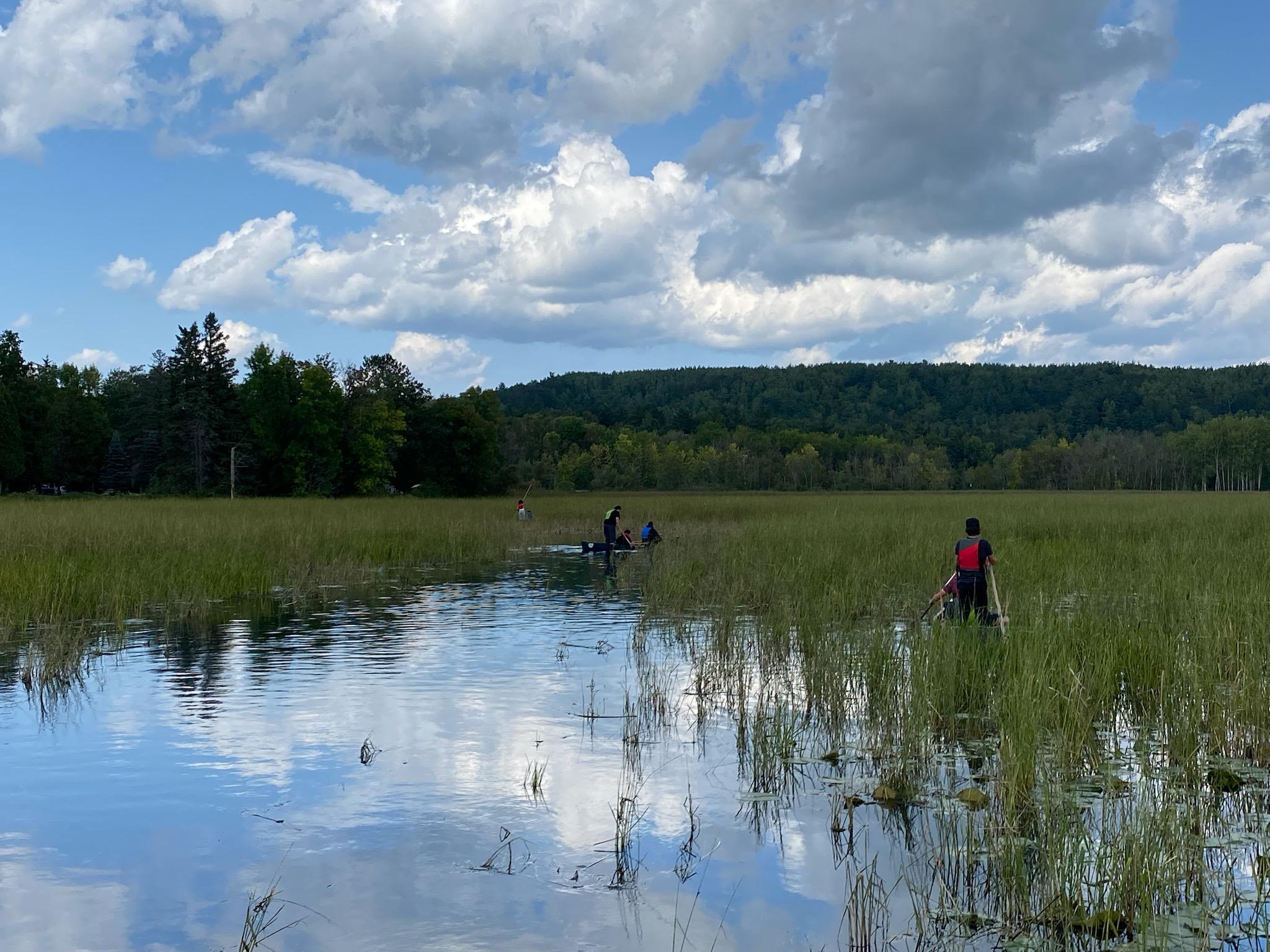
First annual St. Louis River Estuary Wild Rice Camp
September 17, 2024
The Manoomin Team partnered with the UW Superior Indigenous Cultures Resource Center to host a wild rice camp in the St. Louis River Estuary for UW Superior students, the first rice camp in that location since manoomin has been restored in the estuary. The students learned about the cultural importance of manoomin from local elders and Tribal community members and went through each step of harvesting and finishing the rice.
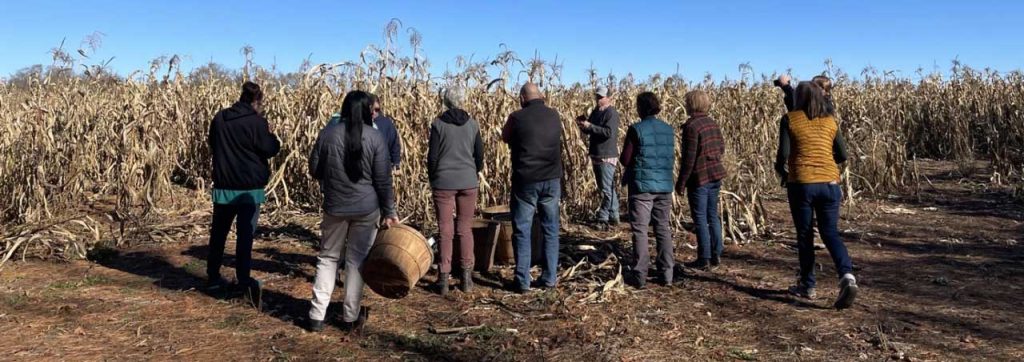
In the face of climate change, Ho-Chunk Nation working toward food sovereignty
September 11, 2024
Check out this piece for WUWM 89.7 FM by Susan Bence highlighting the work of the Ho-Chunk Nation’s Department of Agriculture, the Tribal Elder Food Box Initiative and the Indigenous Food Systems Resilience Project.
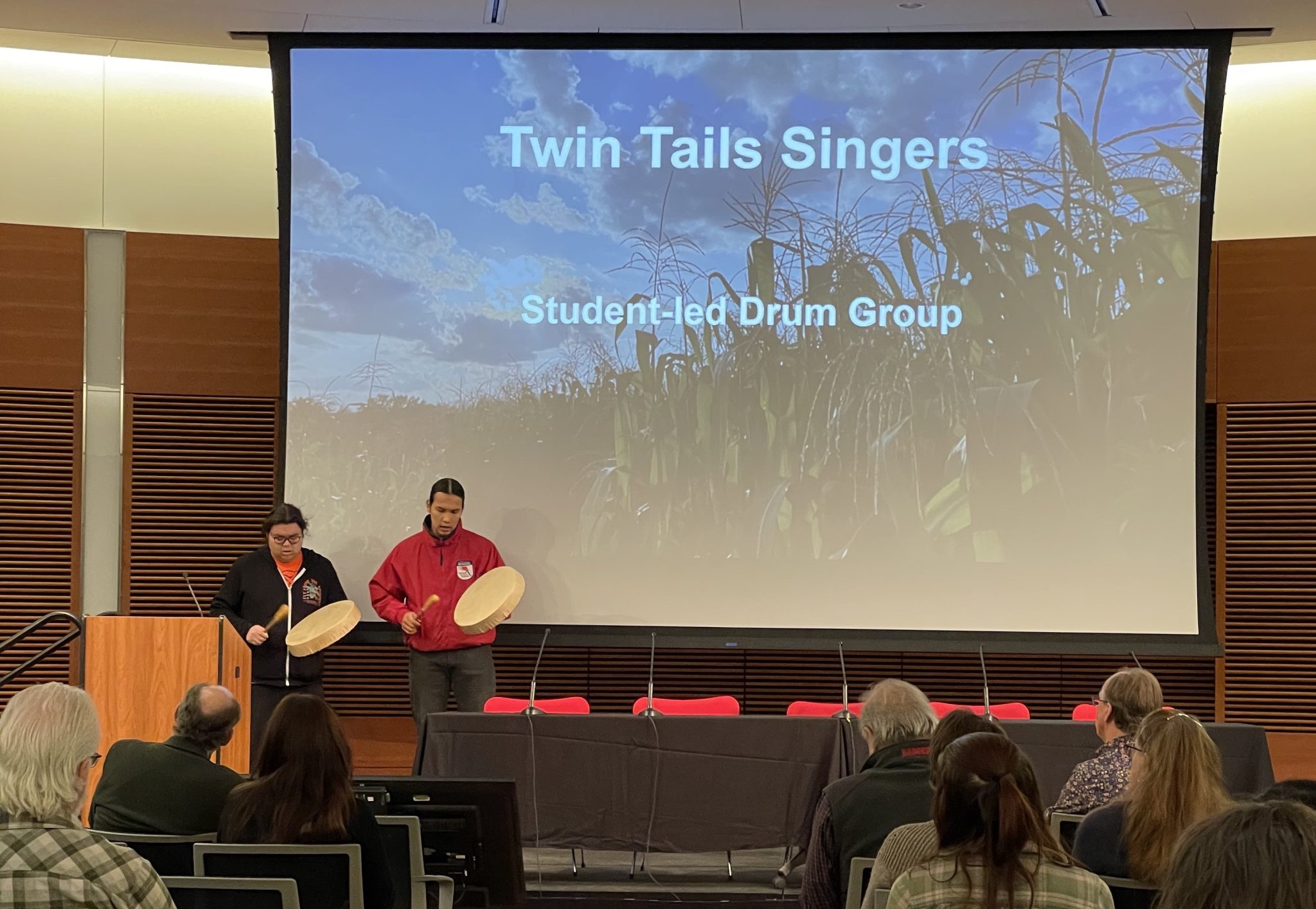
Community gathered for first Indigenous Research Forum on Apr. 1
April 8, 2024
More than 200 people gathered in the Discovery Building or tuned in online last Monday, April 1, to attend the first Indigenous Research Forum. The event, co-hosted by CALS, the UW Law School, the Nelson Institute and Extension, brought together researchers and community members from UW and beyond to share their work in the field of indigenous research.
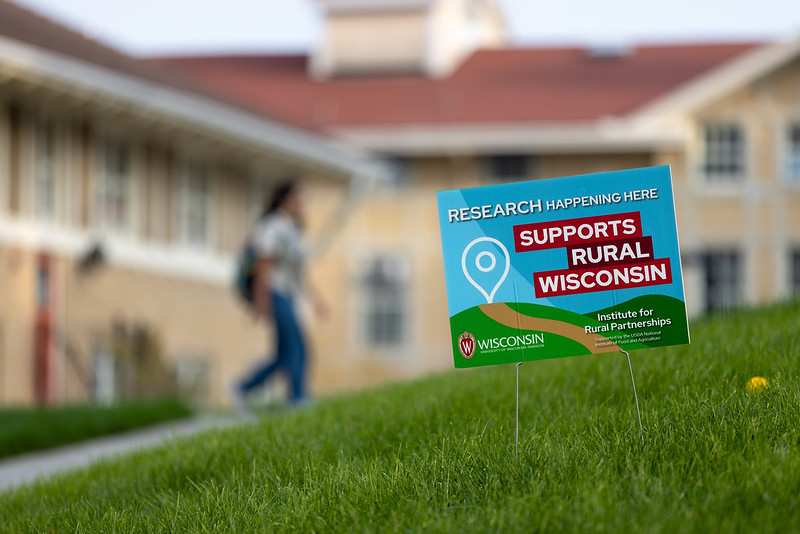
With Wisconsin Rural Partnership funding, UW–Madison launches new projects to support rural and Tribal communities
March 14, 2024
The University of Wisconsin–Madison has launched a series of projects aimed at supporting rural communities and Tribal nations in Wisconsin, funded through the Wisconsin Rural Partnership initiative. Announced in December 2022, this initiative, established with $9.3 million from the U.S. Department of Agriculture, seeks to advance the University’s land-grant mission, support community-based projects, and create partnerships to address the needs of rural communities.

